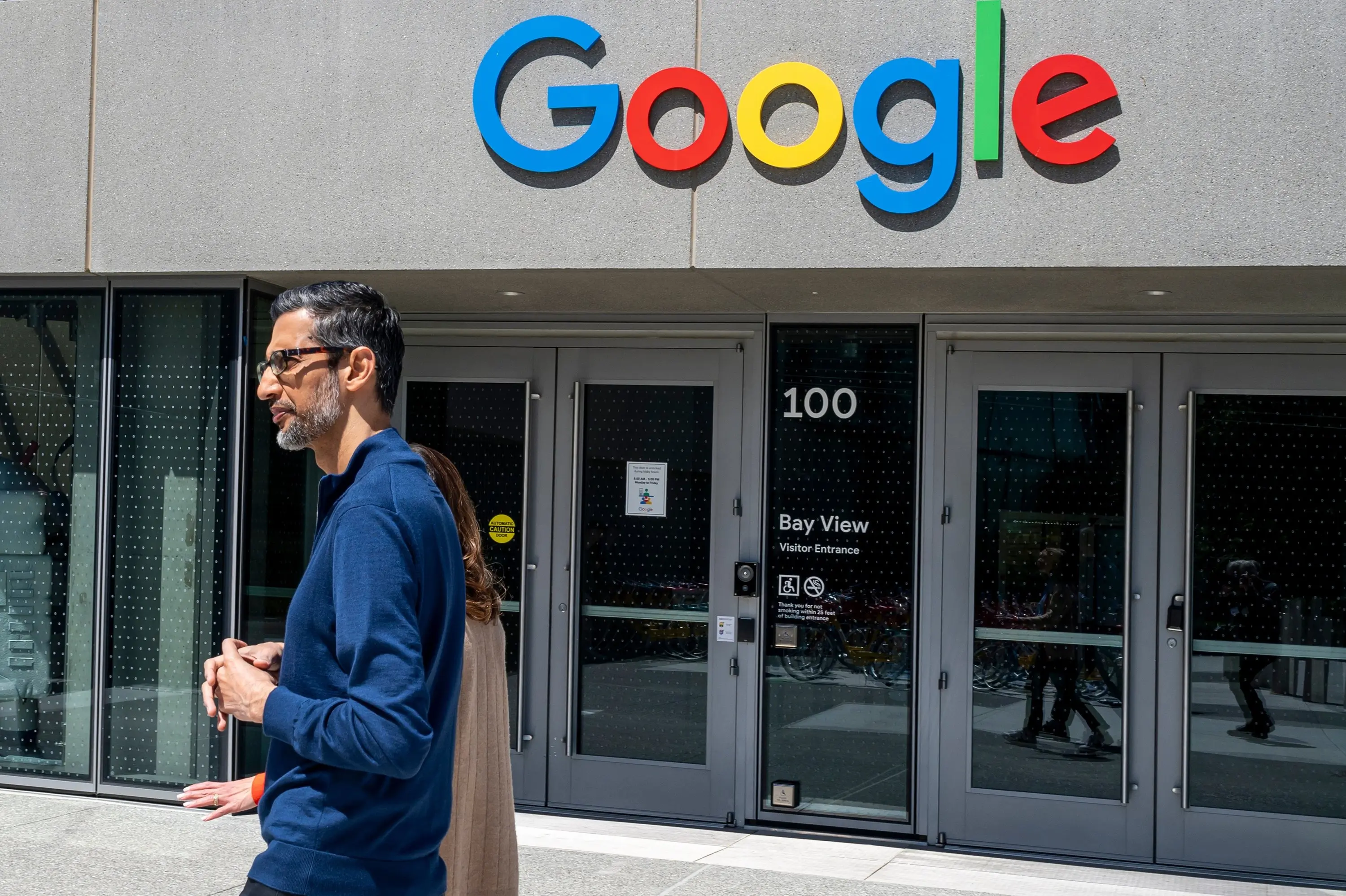The CMA’s investigation into loyalty pricing is still in progress, but it states it is “unlikely” to determine that supermarkets are unfairly raising non-loyalty prices to make their member prices seem more appealing.

The Competition and Markets Authority (CMA) states it is “unlikely to find widespread evidence” that loyalty discounting is misleading consumers by “artificially inflating” prices for non-members.
In January, the CMA launched an extensive investigation into loyalty pricing by supermarkets. A major aspect of the inquiry has been to determine if loyalty pricing could be deceptive to customers. The CMA provided an update on this work today (26 July).
One of the areas under investigation by the CMA is whether non-loyalty prices are “inflated” in a way that could mislead consumers. This could make loyalty pricing appear “misleadingly attractive.”
While the CMA’s analysis is ongoing, it states it is “unlikely to find widespread evidence of loyalty promotions misleading shoppers in this manner.”
Loyalty promotions have grown increasingly popular among UK supermarkets. Tesco introduced its Clubcard Prices initiative in 2020, followed by Sainsbury’s, Co-op, Morrisons, and Lidl, all of which have implemented exclusive prices for loyalty card members.
Despite the growing prevalence of these schemes, some critics have voiced concerns about loyalty pricing. In May, M&S CEO Stuart Machin announced that the retailer would not adopt the pricing mechanism, suggesting it could be deceptive.
“We don’t engage in tricksy pricing, so we won’t be implementing Sparks prices,” he said.
The CMA has so far found no evidence that loyalty pricing is misleading and has nearly confirmed that supermarkets are not inflating non-member prices to make loyalty offers seem more attractive. However, it is still investigating other issues.
The watchdog reports having seen instances where retailers switch between ‘was/now’ promotions available to all shoppers and loyalty price promotions. ‘Was/now’ promotions involve supermarkets advertising a price reduction on products, such as “was £3.00, now £2.00.” The alternation between this type of promotion and loyalty pricing raises questions “as to what the ‘regular’ price is for the product and therefore whether the claimed saving for the ‘was/now’ promotion is genuine,” according to the CMA.
Another issue the authority is examining is how loyalty prices compare to prices charged by other supermarkets at the same time, including other promotions.
The next step in the watchdog’s analysis is to conduct a consumer survey to understand how shoppers engage with loyalty pricing. The survey will investigate whether this mechanism influences shopper engagement with supermarket loyalty schemes, the trust shoppers have in the genuineness of savings, concerns regarding personal data, and whether attitudes toward loyalty pricing vary among different types of shoppers.
The CMA will publish a report of its findings in November. This report will also provide advice to supermarkets on how to comply with consumer law when implementing loyalty pricing.













